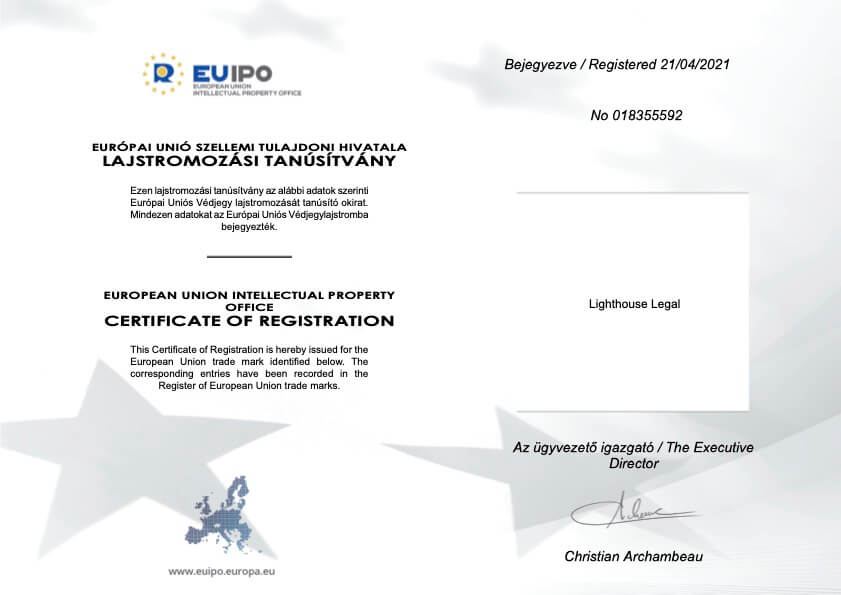
Our client operates as a school cooperative.
This type of cooperative is characterised by high membership fluctuation due to the limited duration of the student years and a fundamental passivity in the common cooperative affairs due to the age of the membership.
Our client wanted to optimise its operations by making the cooperative's decision-making and operational structure more efficient.
The main body of the cooperative is the general assembly, composed of all the cooperative members.
For organisations with a small number of members and a relatively static membership, this can work well and be regarded as an efficient form of decision-making. However, as the number of members grows (from several thousand to possibly more than 10,000) and the fluctuation of members intensifies, it becomes almost impossible to hold general meetings, as the number of members needed to make a quorum cannot be present either physically or online. Furthermore, when they do appear, it is extremely difficult to determine whether a person is actually a member.
Following a detailed analysis of the client's operating model and an assessment of the 1client's needs, it was finally decided to introduce a delegate assembly system, and its organisational principle was defined on a territorial basis. The method of selecting the delegates is based on a logic that has not been used by any other cooperative to date, which ensures that decisions are taken by those who are, at the time of the decision, actively involved, really familiar with day-to-day operations and loyal to the cooperative.
The cooperative's decision-making mechanism was so adapted that, even if the cooperative continues to grow, the operative capability is not compromised, and the decision-making process does not slow down.

